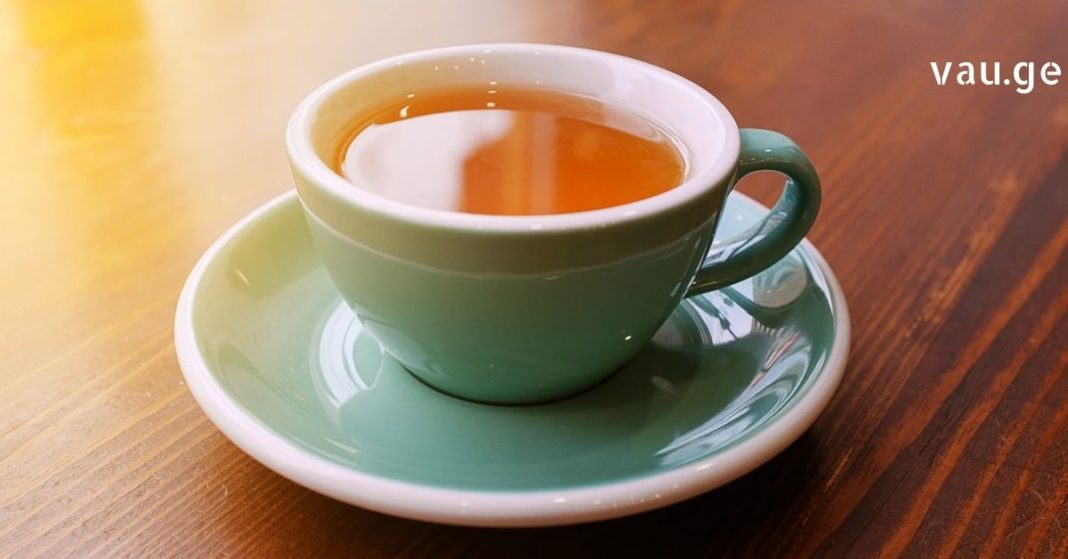Air pollution has a serious impact on our health. One of the most common and troubling symptoms it can trigger is a persistent, unexplained cough—often accompanied by thick, dark phlegm. While alarming, this is actually your body’s natural reaction to what it perceives as an invasive threat.
Phlegm is produced by the body to protect the respiratory tract. It works to trap dust, dirt, and harmful particles, preventing them from entering your lungs. Coughing is the body’s reflexive mechanism to expel this mucus and cleanse your airways.

Of course, coughing can also occur for other reasons—like the common cold, sudden temperature changes, a weakened immune system, or nasal congestion. Regardless of the cause, finding quick relief is essential, especially when a cough becomes painful or disruptive.
Luckily, nature offers powerful, fast-acting remedies in the form of herbal teas. Here are five of the most effective teas to help soothe your cough and support healing:
1. Thyme Tea
Thyme is one of the most beneficial herbs for your vocal tract and lungs. It’s a potent anti-inflammatory and natural pain reliever. But beyond just masking symptoms, thyme works to address the root cause of your discomfort.
It also acts as a natural antibacterial agent. So, if your cough is caused by a bacterial infection, thyme tea can be particularly effective. It helps reduce inflammation in the throat and lungs, making it easier to breathe and expel mucus. Its earthy aroma and mild flavor also make it a comforting remedy.
2. Lemon, Honey, and Cinnamon Tea
Lemon is a powerful natural antibiotic, rich in vitamin C and known for its immune-boosting properties. However, its high acidity can be harsh on a sore throat. That’s where honey comes in—it balances the flavor, soothes irritation, and adds antibacterial benefits of its own.
Honey not only coats the throat to relieve pain, but it also helps kill bacteria and create a protective barrier. Cinnamon, on the other hand, works to dissolve mucus and enhances the effects of both honey and lemon. Together, these three ingredients create a delicious and effective tea that not only soothes your throat but also strengthens your immune response.
3. Peppermint Tea
When it comes to relieving respiratory symptoms quickly, peppermint tea is one of the best options—especially if you’re struggling to breathe through thick mucus. Peppermint contains menthol, which acts as a natural decongestant, helping to break down phlegm and clear the airways.
Its refreshing aroma opens up nasal passages, while its anti-inflammatory properties reduce irritation in the throat and lungs. If you want to boost its effects, try adding a cinnamon stick to the brew. This not only deepens the flavor but enhances mucus breakdown and provides extra antibacterial benefits.
4. Rooibos Tea with Lemon
Allergies can bring more than just sneezing or skin irritation—they often come with a dry or persistent cough. If your cough is allergy-related, rooibos tea with lemon might be your ideal remedy.
Rooibos is a caffeine-free herbal tea packed with antioxidants and minerals that help regulate the immune system. It has strong antihistamine properties, making it effective for allergy symptoms, while the added lemon boosts vitamin C intake and gives the tea a refreshing taste. Drinking this tea regularly can not only soothe your cough but also make you more resilient during allergy season or flu outbreaks.
5. Ginger Tea with Honey
Ginger is well-known for its wide range of health benefits, especially when it comes to fighting inflammation. If you’re dealing with a painful, persistent cough, ginger tea may be your best friend.
It warms the body, relieves sore throats, and helps break down mucus from within—just like other herbal teas on this list. But ginger stands out due to its fast-acting nature and its ability to reduce both pain and inflammation at the same time. When combined with honey, its effectiveness doubles: honey coats the throat while ginger gets to work clearing the respiratory pathways.
This tea is especially effective when taken at the onset of symptoms, but it’s also great for chronic coughs.
Final Thoughts
All of the teas on this list are safe, natural remedies for both chronic and occasional coughs. They work without causing side effects—unless you have a specific allergy to one of the ingredients. When in doubt, consult your doctor before introducing new herbs into your routine.
And here’s a bonus tip: Pomegranate juice has shown amazing results in fighting off viruses. Adding it to your diet could further strengthen your immune defenses.
Next time you feel that irritating tickle in your throat, skip the pharmacy and reach for your teacup instead. Nature’s pharmacy might be all you need.


















